Online hands-on training

Help your tech people give
clear and actionable
feedback
clear and actionable
feedback
Get them ready to handle tough conversations without training them yourself
40 EUR / year
⭐️ ⭐️ ⭐️ ⭐️ ⭐️
(4.64 out of 5 based on 392 reviews)
(4.64 out of 5 based on 392 reviews)
✔ The most wanted training
✔ 1-year access
✔ No price increase when your subscription is renewed!
✔ Automatic access to future updates
Just share the training
And they’ll start learning and practicing right away.

Designed for busy tech people – flexible and structured
- bite-sized videos & articles that fit into a busy schedule
- learn at their own pace – no full-day workshops
- immediate application – they try out what they’ve learned after each step

Built from tech people for tech minds – no fluff, just actionable feedback skills
- uses real tech-world scenarios
- focused on peer practice – not just theory
- designed by trainers with 18+ years of experience working with tech teams


Included guidelines on how to make the training go smoothly
- tips&tricks on how to organize the training
- ready-to-use templates that save time and enhance efficiency
- guidelines on how to enable the people to get the most out of the training

40 EUR / year
What the training includes?
✔ The time-tested XYZ approach
✔ Simple and actionable checklist
✔ Giving feedback with empathy
✔ What to do when the feedback is not accepted
✔ How giving feedback could go wrong
✔ Feedback timing principles
✔ How to set high standards on your team (+checklist tool)
✔ How to remove barriers
Training that helped 3,511+ dev people give effective feedback
⭐️ ⭐️ ⭐️ ⭐️ ⭐️
(4.64 out of 5 based on 392 reviews)
(4.64 out of 5 based on 392 reviews)
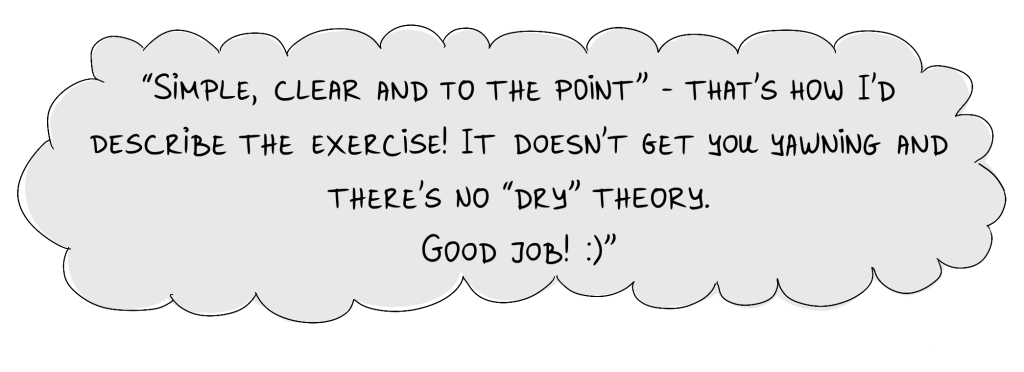

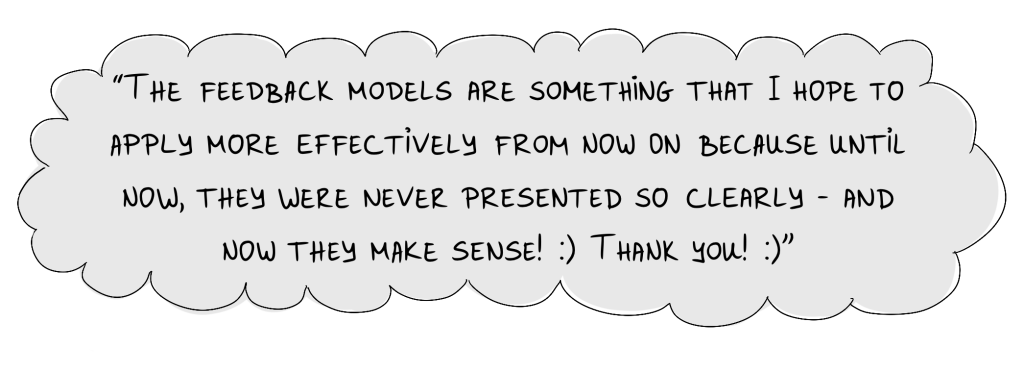
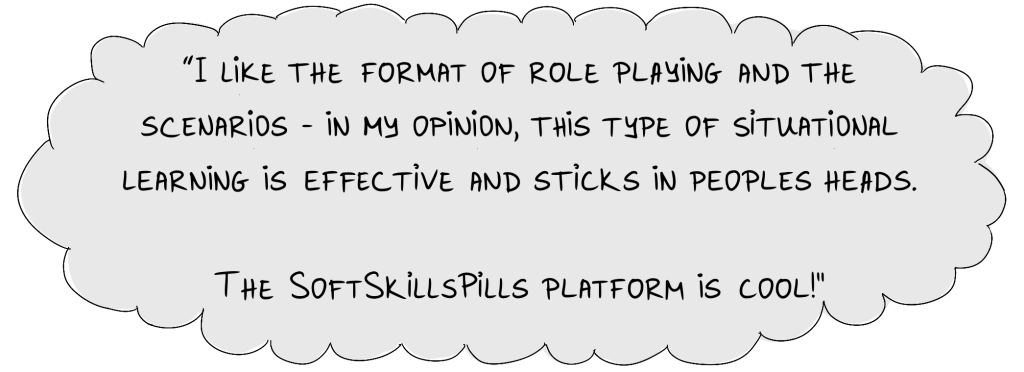
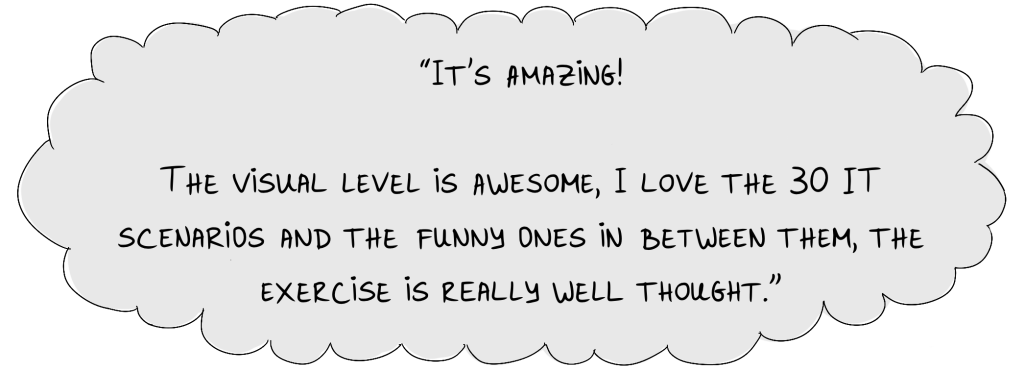

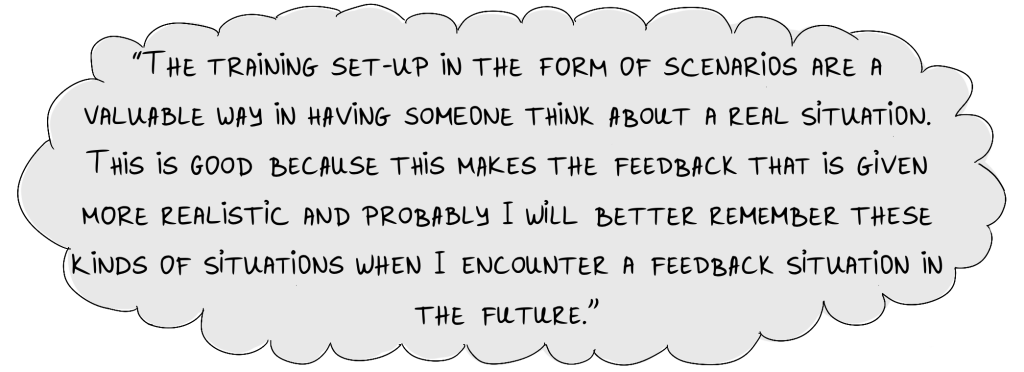
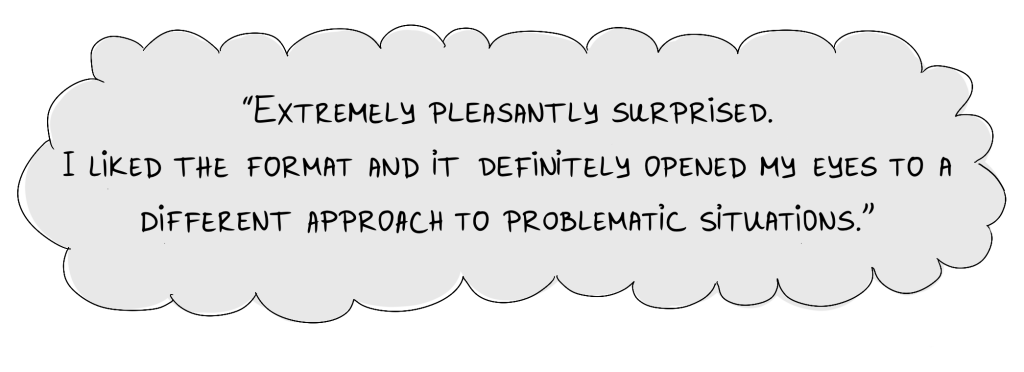

40 EUR / year
See What People Think About The Platform
(we didn’t include the opinion of our moms to be more realistic…)
40 EUR / year
The mechanics behind this training have been tested and proven over time in these tech companies
40 EUR / year

If you have a question or comment about the training – use the contact form below or reach us directly at team@softskillspills.com:
















